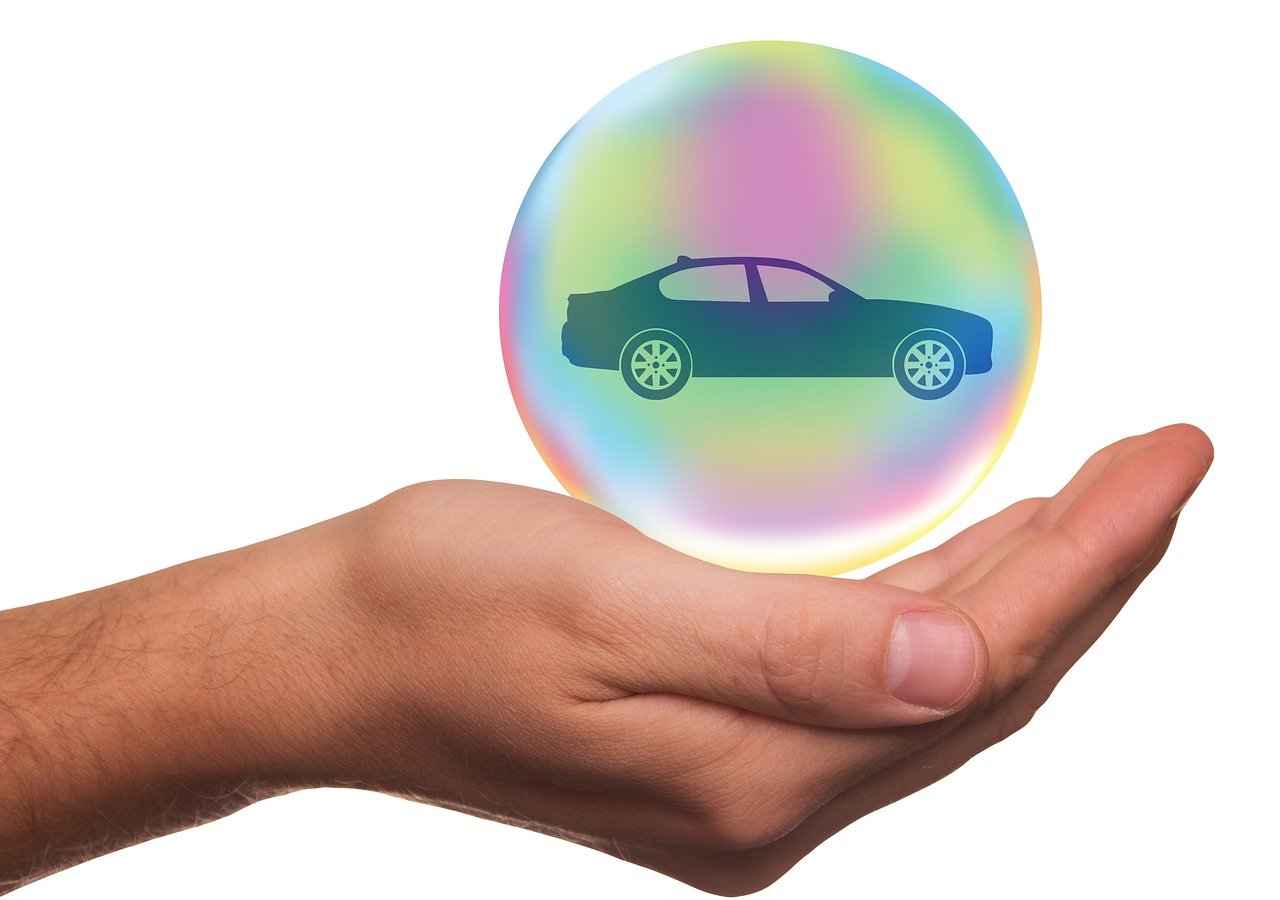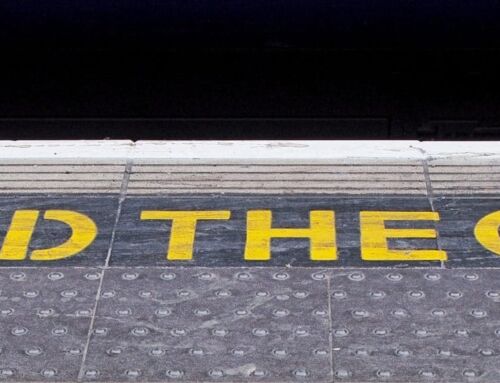Car insurance provides crucial protection for drivers and their vehicles in the event of an accident. While insurance companies are entitled to refuse coverage to customers who become riskier over time, they typically do not do so without reason. By adhering to safe driving practices and consistently paying premiums, policyholders can significantly reduce the likelihood of losing their car insurance coverage.
As a general rule, if you are involved in a car accident that was not your fault, your insurance company typically won’t drop your coverage, even if you have to file an uninsured or underinsured motorist claim. However, if you were at-fault and the other driver makes a claim against your liability coverage, your premiums may increase and in some cases, you will be at-risk for a policy non-renewal, depending on your individual circumstances and driving history.
Fortunately, there are laws in place that protect consumers from abrupt cancellations. While insurance companies may cancel your policy within the first 60 days of a new policy, after it has been in effect for 60 days, your carrier cannot cancel except for certain extenuating circumstances, such as failure to pay premiums or evidence of insurance fraud. However, at the end of a policy period, your insurance company may choose not to renew, but must give you advanced warning before doing so.
It should be noted that even if you were not found at-fault in an accident, filing multiple claims in a specific policy period may place your insurance policy at risk for non-renewal. Insurance carriers are in the business of making money and if you have a history of repeated accidents and/or claims, their risk models may deem you too risky to cover.
Obtaining car insurance after non-renewal is generally easier compared to doing so after a cancellation. Many prominent insurance companies are willing to accept customers who were not renewed by their previous insurer. However, drivers should anticipate paying higher premiums than before due to their perceived higher risk. Even after severe infractions like a DUI, it is still possible to obtain some form of insurance coverage.
It’s essential to differentiate policy cancellations from non-renewals. A cancellation means you are being dropped before the end of a policy period. If facing a non-renewal, securing a new policy from a different insurer promptly is crucial to prevent a coverage lapse. In some cases, policyholders might be able to appeal the insurer’s decision.
The best ways to avoid policy cancellation or non-renewal are practicing safe driving habits, avoiding accidents and making timely premium payments. Reducing the perceived risk to the insurance company makes it less likely for them to discontinue coverage, particularly when accidents and claims are involved.




